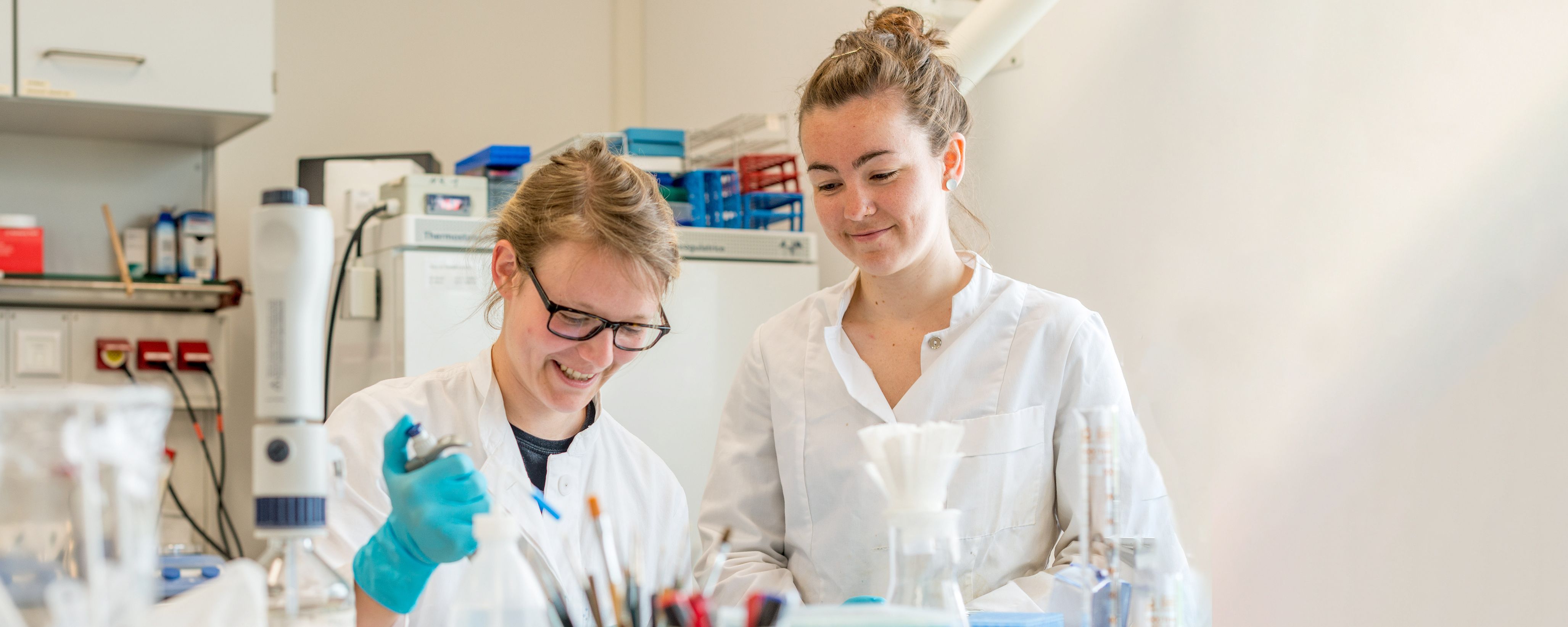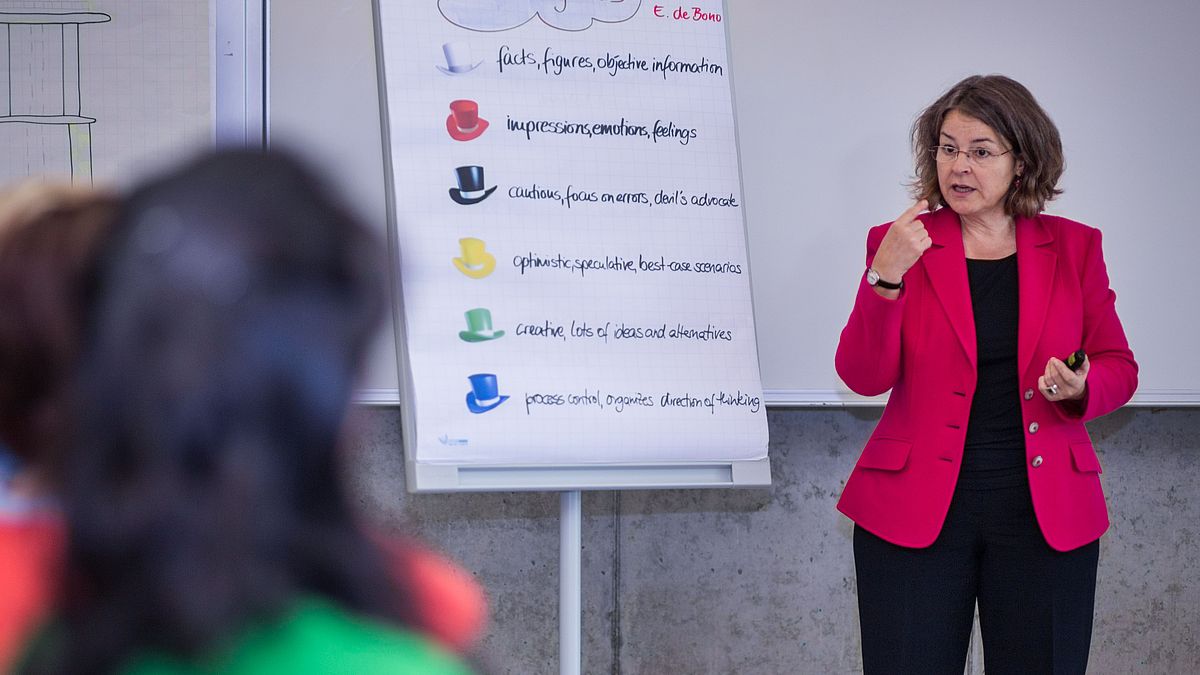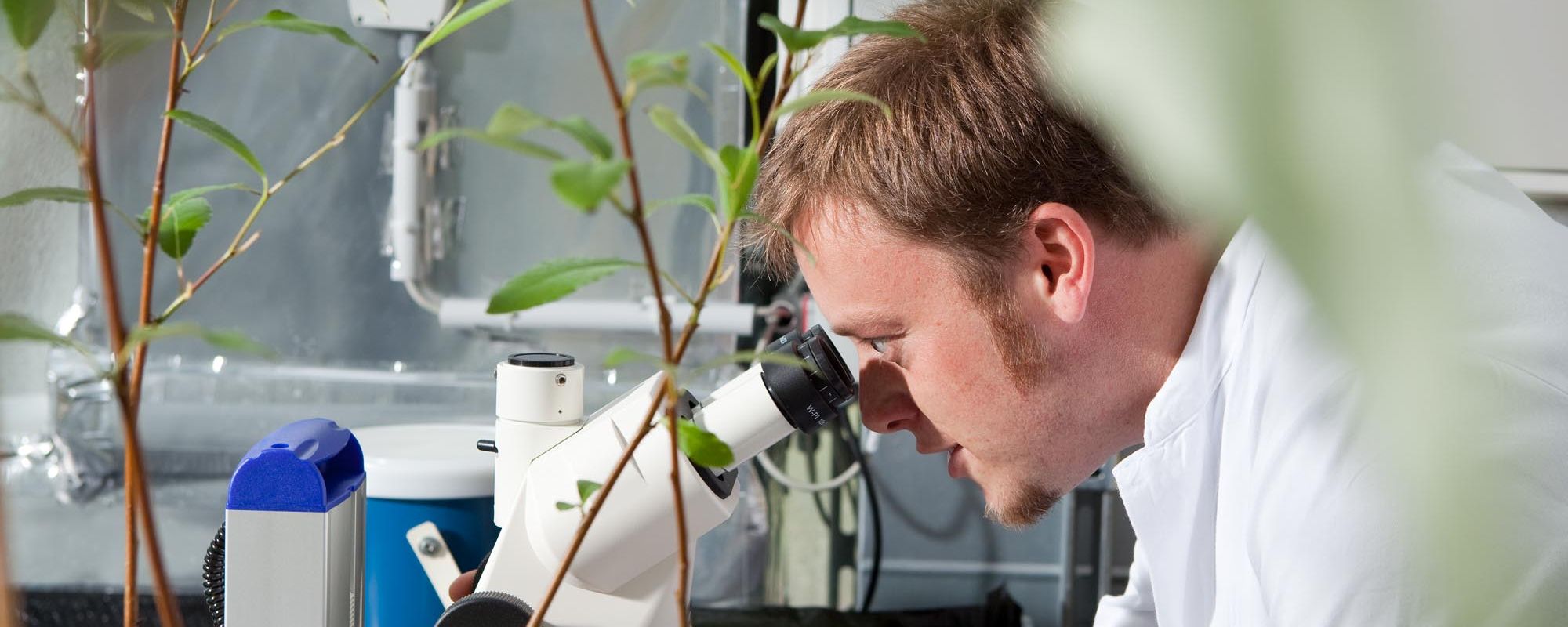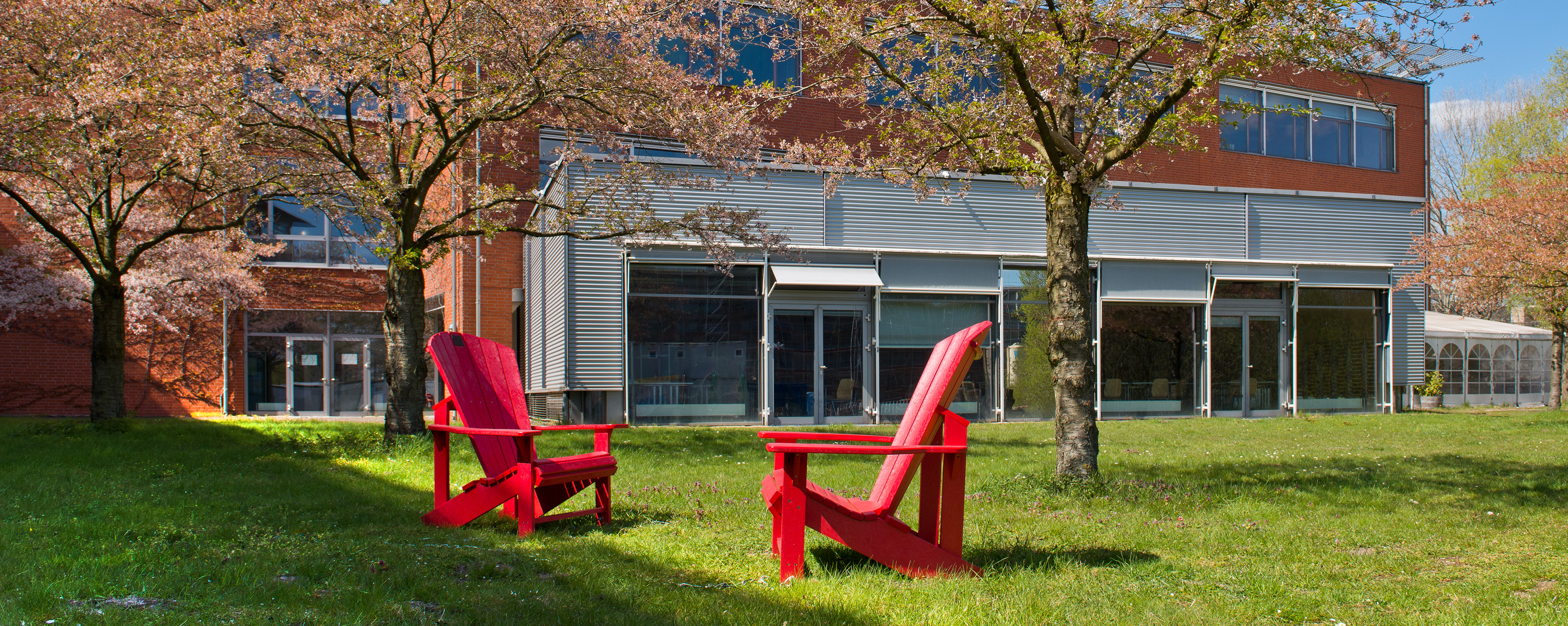5 Basic Principles
Organizational Responsibility of Heads of Research Institutions
"The heads of HEIs and non-HEI research institutions create the basic framework for research. They are responsible for ensuring adherence to and the promotion of good practice, and for appropriate career support for all researchers. The heads of research institutions guarantee the necessary conditions to enable researchers to comply with legal and ethical standards. The basic framework includes clear written policies and procedures for staff selection and development as well as for early career support and equal opportunity."
Source: Guideline 3, Code of Conduct "Guidelines for Safeguarding Good Research Practice"
Responsibility of the Heads of Research Work Units
"The head of a research work unit is responsible for the entire unit. Collaboration within the unit is designed such that the group as a whole can perform its tasks, the necessary cooperation and coordination can be achieved, and all members understand their roles, rights, and duties. The leadership role includes ensuring adequate individual supervision of early career researchers, integrated in the overall institutional policy, as well as career development for researchers and research support staff. Suitable organisational measures are in place at the level of the individual unit and of the leadership of the institution to prevent the abuse of power and exploitation of dependent relationships."
Source: Guideline 4, Code of Conduct "Guidelines for Safeguarding Good Research Practice"
Dimensions of Performance and Assessment Criteria
"To assess the performance of researchers, a multidimensional approach is called for; in addition to academic and scientific achievements, other aspects may be taken into consideration. Performance is assessed primarily on the basis of qualitative measures, while quantitative indicators may be incorporated into the overall assessment only with appropriate differentiation and reflection. Where provided voluntarily, individual circumstances stated in curricula vitae – as well as the categories specified in the German General Equal Treatment Act (Allgemeines Gleichbehandlungsgesetz) – are taken into account when forming a judgement."
Source: Guideline 5, Code of Conduct "Guidelines for Safeguarding Good Research Practice"
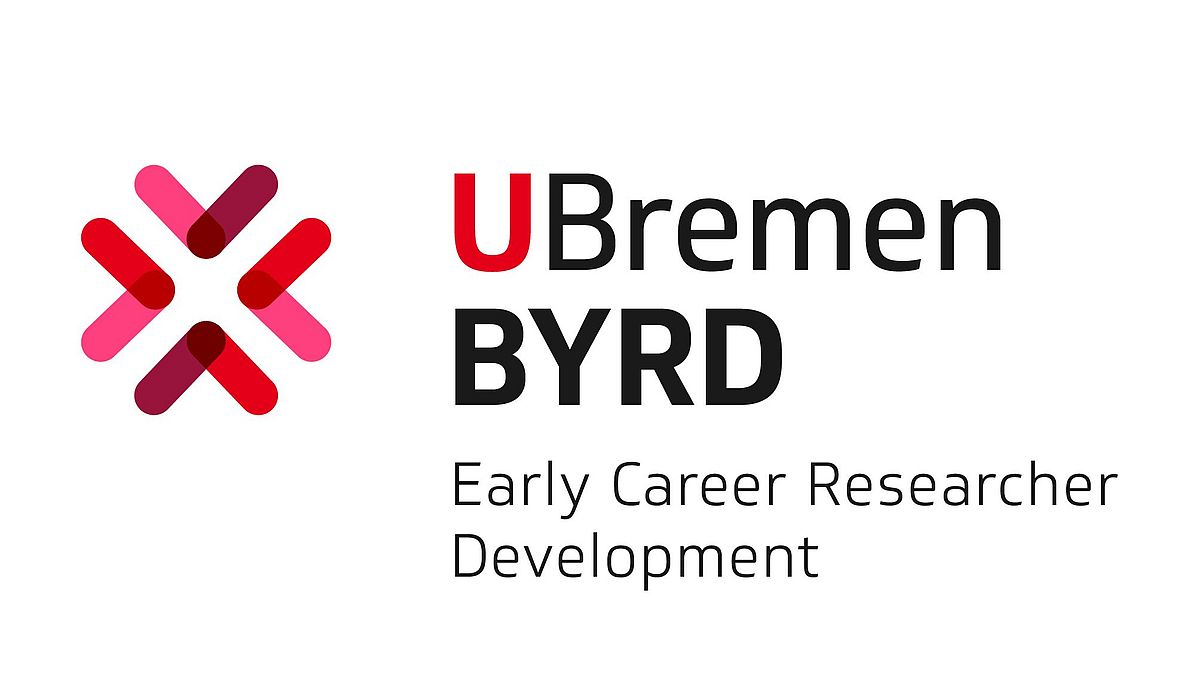
Our Offers for Doctoral Researchers
eLearning Course "Good Academic Practice during Doctoral Studies"
moreCross-Phase Quality Assurance
"Researchers carry out each step of the research process lege artis. When research findings are made publicly available (in the narrower sense of publication, but also in a broader sense through other communication channels), the quality assurance mechanisms used are always explained. This applies especially when new methods are developed."
Source: Guideline 7, Code of Conduct "Guidelines for Safeguarding Good Research Practice"
Stakeholders, Responsibilities, and Roles
"The roles and responsibilities of the researchers and research support staff participating in a research project must be clear at each stage of the project."
Source: Guideline 8, Code of Conduct "Guidelines for Safeguarding Good Research Practice"
Research Design
"Researchers take into account and acknowledge the current state of research when planning a project. To identify relevant and suitable research questions, they familiarise themselves with existing research in the public domain. HEIs and non-HEI research institutions ensure that the necessary basic framework for this is in place."
Source: Guideline 9, Code of Conduct "Guidelines for Safeguarding Good Research Practice"
Legal and Ethical frameworks, Usage Rights
"Researchers adopt a responsible approach to the constitutionally guaranteed freedom of research. They comply with rights and obligations, particularly those arising from legal requirements and contracts with third parties, and where necessary seek approvals and ethics statements and present these when required. With regard to research projects, the potential consequences of the research should be evaluated in detail and the ethical aspects should be assessed. The legal framework of a research project includes documented agreements on usage rights relating to data and results generated by the project."
Source: Guideline 10, Code of Conduct "Guidelines for Safeguarding Good Research Practice"
Methods and Standards
"To answer research questions, researchers use scientifically sound and appropriate methods. When developing and applying new methods, they attach particular importance to quality assurance and the establishment of standards."
Source: Guideline 11, Code of Conduct "Guidelines for Safeguarding Good Research Practice"
Documentation
"Researchers document all information relevant to the production of a research result as clearly as is required by and is appropriate for the relevant subject area to allow the result to be reviewed and assessed. In general, this also includes documenting individual results that do not support the research hypothesis. The selection of results must be avoided. Where subject-specific recommendations exist for review and assessment, researchers create documentation in accordance with these guidelines. If the documentation does not satisfy these requirements, the constraints and the reasons for them are clearly explained. Documentation and research results must not be manipulated; they are protected as effectively as possible against manipulation."
Source: Guideline 12, Code of Conduct "Guidelines for Safeguarding Good Research Practice"
Confidentiality and Neutrality of Review Processes and Discussions
"Fair behaviour is the basis for the legitimacy of any judgement-forming process. Researchers who evaluate submitted manuscripts, funding proposals or personal qualifications are obliged to maintain strict confidentiality with regard to this process. They disclose all facts that could give rise to the appearance of a conflict of interest. The duty of confidentiality and disclosure of facts that could give rise to the appearance of a conflict of interest also applies to members of research advisory and decision-making bodies."
Source: Guideline 16, Code of Conduct "Guidelines for Safeguarding Good Research Practice"
Providing Public Access to Research Results
"As a rule, researchers make all results available as part of scientific/academic discourse. In specific cases, however, there may be reasons not to make results publicly available (in the narrower sense of publication, but also in a broader sense through other communication channels); this decision must not depend on third parties. Researchers decide autonomously – with due regard for the conventions of the relevant subject area – whether, how and where to disseminate their results. If it has been decided to make results available in the public domain, researchers describe them clearly and in full. Where possible and reasonable, this includes making the research data, materials and information on which the results are based, as well as the methods and software used, available and fully explaining the work processes. Software programmed by researchers themselves is made publicly available along with the source code. Researchers provide full and correct information about their own preliminary work and that of others."
Source: Guideline 13, Code of Conduct "Guidelines for Safeguarding Good Research Practice"
Authorship
"An author is an individual who has made a genuine, identifiable contribution to the content of a research publication of text, data or software. All authors agree on the final version of the work to be published. Unless explicitly stated otherwise, they share responsibility for the publication. Authors seek to ensure that, as far as possible, their contributions are identified by publishers or infrastructure providers such that they can be correctly cited by users."
Source: Guideline 14, Code of Conduct "Guidelines for Safeguarding Good Research Practice"
Publication Medium
"Authors select the publication medium carefully, with due regard for its quality and visibility in the relevant field of discourse. Researchers who assume the role of editor carefully select where they will carry out this activity. The scientific/academic quality of a contribution does not depend on the medium in which it is published."
Source: Guideline 15, Code of Conduct "Guidelines for Safeguarding Good Research Practice"
Commitment to the General Principles
"Higher education institutions and non-HEI research institutions, with the participation of their members, work together to define rules of good research practice, ensure that their employees are made aware of these guidelines and related policies and regulations, and require their employees to comply with them with due regard for the type of research undertaken in the relevant subject area. Individual researchers are responsible for ensuring that their own conduct complies with the standards of good research practice."
Source: Guideline 1, Code of Conduct "Guidelines for Safeguarding Good Research Practice"
Professional Ethics
"Researchers are responsible for putting the fundamental values and norms of research into practice and advocating for them. Education in the principles of good research begins at the earliest possible stage in academic teaching and research training. Researchers at all career levels regularly update their knowledge about the standards of good research practice and the current state of the art."
Source: Guideline 2, Code of Conduct "Guidelines for Safeguarding Good Research Practice"
Legal and Ethical Frameworks, Usage Rights
"Researchers adopt a responsible approach to the constitutionally guaranteed freedom of research. They comply with rights and obligations, particularly those arising from legal requirements and contracts with third parties, and where necessary seek approvals and ethics statements and present these when required. With regard to research projects, the potential consequences of the research should be evaluated in detail and the ethical aspects should be assessed. The legal framework of a research project includes documented agreements on usage rights relating to data and results generated by the project."
Source: Guideline 10, Code of Conduct "Guidelines for Safeguarding Good Research Practice"
Archiving
"Researchers back up research data and results made publicly available, as well as the central materials on which they are based and the research software used, by adequate means according to the standards of the relevant subject area, and retain them for an appropriate period of time. Where justifiable reasons exist for not archiving particular data, researchers explain these reasons. HEIs and non-HEI research institutions ensure that the infrastructure necessary to enable archiving is in place."
Source: Guideline 17, Code of Conduct "Guidelines for Safeguarding Good Research Practice"

